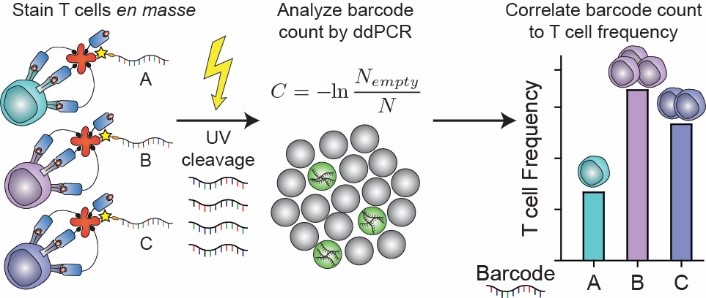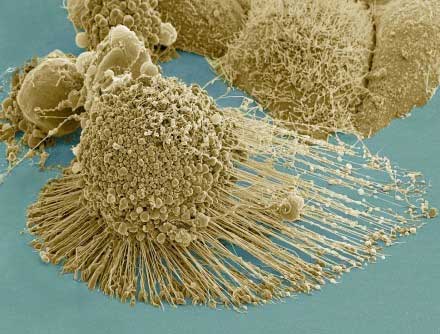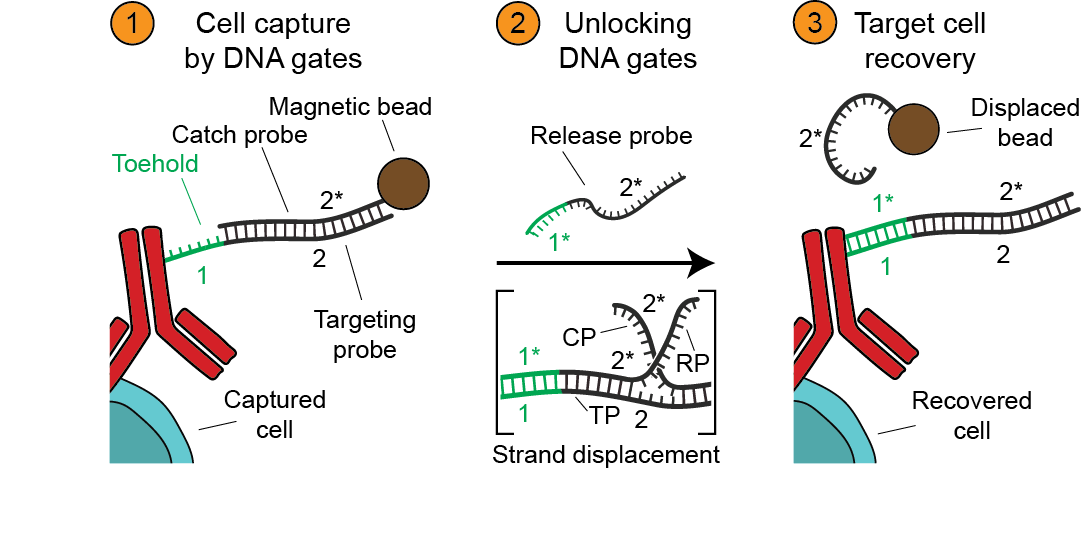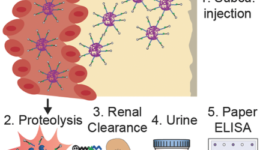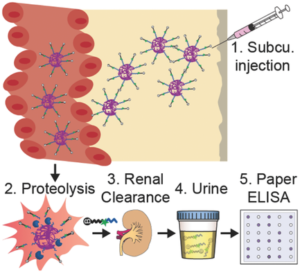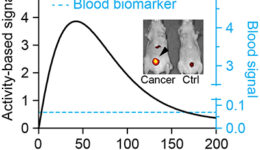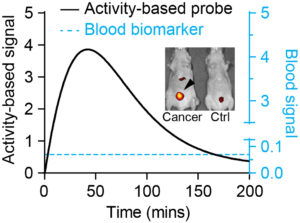Early detection of organ transplant rejection using urine tests published in Nature Biomedical Engineering
Our work on activity sensors for early and noninvasive detection of acute transplant rejection was just published in Nature Biomedical Engineering! Congrats to Quoc and the team!

| Summary | The current diagnostic “gold” standard to monitor transplant patients for signs of organ rejection is the tissue biopsy. However, this procedure is invasive and lacks the ability to detect rejection at an early stage. We developed immune sensors that sense anti-graft immune activity from recipient urine, allowing noninvasive detection at the onset of transplant rejection. | |
|
|
|
| Press Coverage | Georgia Tech Research Horizons “Urine test detects organ transplant rejection, could replace needle biopsies” | Nature Rev Nephrology “Nanosensors enable early detection of acute T cell-mediated rejection of transplants” | Nature BME “Urinary nanosensors of early transplant rejection” | EurekAlert! “Fluorescing urine signals organ transplant rejection, could replace needle biopsies” | Medical Design and Outsourcing “How urine tests could detect organ transplant rejection and eliminate needle biopsies” | Newswise | TECHExplorist | LongRoom | The Medical News | Science Daily | Medical Xpress | GENbio | MD linx | MDedge | Medical Health News | Pediatric News | Medgadget | ECNmag | InsiderAdvantage | Wearable Technologies | | |


